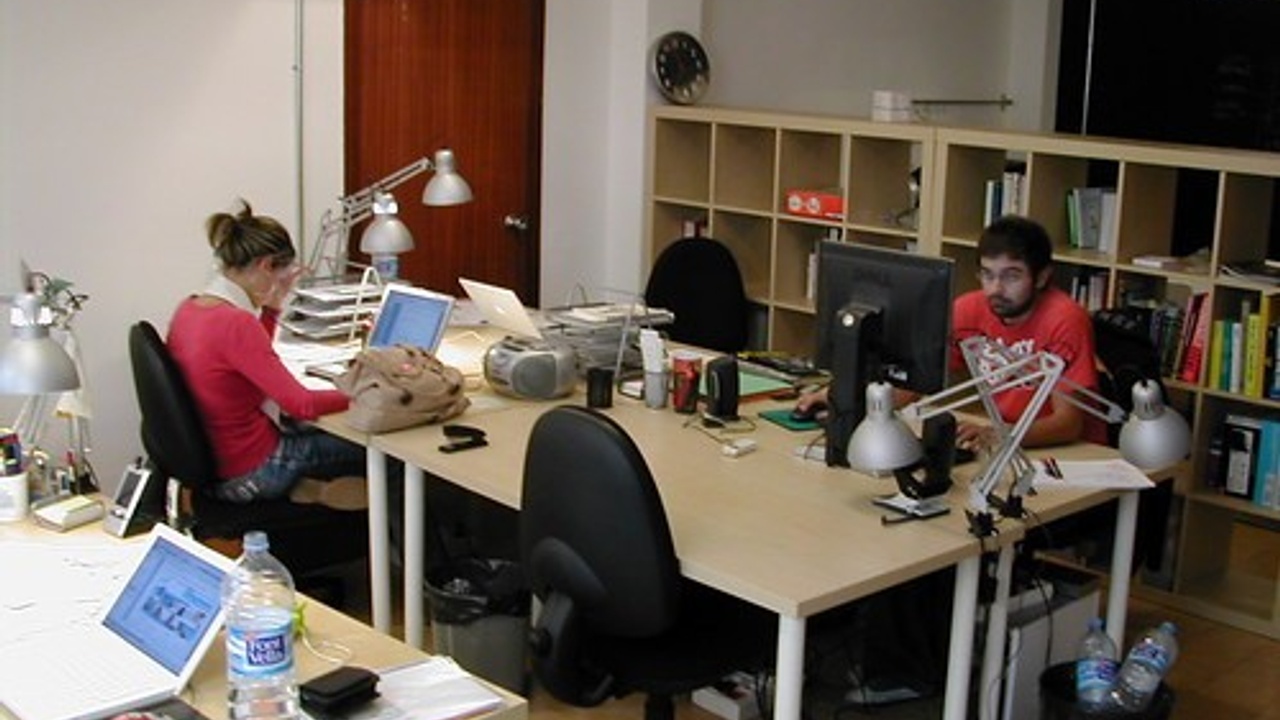The Future of Work: Wellbeing in the Workplace

In this new series, we examine the lessons from the last year and consider how business leaders can support their staff and businesses through wellbeing-led innovation.
Having trouble sleeping?
Work on your mind?
Our bodies are just like a car. We need to be maintained through diet, sleep, exercise etc. And just like a car, when our wellbeing is affected by worry, poor diet, or a lack of sleep, we can breakdown.
This is not only bad for us, but has a knock-on effect on our families, networks and businesses.
2020 has had a damaging effect on people’s wellbeing with rising rates of reported mental health issues.
This is not a new problem, a study by XpertHr found that rates of sickness absence had risen between 2017-2019, with an average of 6.4 days (per annum) per worker. The Health and Safety Executive estimated that 54% of working days in 2018/19 were lost due to stress, anxiety or depression.
Sadly, this is not surprising when we consider that, according to a study by the Chartered Institute of Personnel and Development (CIPD), 23% of workers find it difficult to relax because of their job. This was reported across all categories of employment but was most prevalent amongst professionals and managers.
But what about the ‘new normal’ – doesn’t everyone work from home now? Surely that will solve everything?
Many roles were remote long before the pandemic, but following this there has been a rise in the number of staff working either remotely or in a hybrid form.
But it continues to be managerial and professional roles that are more likely to have access to some form of 'flexible working'. However, it is also amongst these professionals where stress and anxiety about their job is the highest.
Clearly the levels of stress and anxiety experienced by staff cannot simply be resolved by the offer of working 'flexibly'.
For flexible working or family friendly working policies etc. to be truly effective, they require a work culture that recognises the importance of wellbeing. Unfortunately the data suggests that for many this is not currently the case.
And we shouldn’t forget that many roles cannot currently be ‘flexible’. Those in retail or hospitality are unlikely to have access to practices like compressed hours or working from home. Just as police officers or nurses could not do their job remotely.
How then do business leaders support their staff?
According to research by PWC, following the pandemic and lockdowns, changes to workplace culture and behaviours to promote staff’s wellbeing have become a key focus for CEOs who want their businesses to remain competitive and attract the best staff.
They quote Legal and General’s CEO, Nigel Wilson:
‘So much is dictated by the tone from the top of an organisation and I really want people to feel their health and wellbeing is important. That people have now realised health is wealth is a good outcome of the pandemic…There is enlightened self interest in having a highly motivated, healthy, happy workforce.’
So, what can business leaders do?
- Regular communication with staff – uncertainty breeds worry, be honest with your staff, even if things are looking unsure.
- Focus on the outcomes – remote and hybrid working should be an opportunity to encourage innovation and focus on what’s important – the outcome - rather than procedures.
- Be open – speak about your wellbeing and make your staff feel comfortable speaking about their own.
- Invest in training for your management team to promote communication and support for staff.
- Look for opportunities for your business to embody positive wellbeing such as wellbeing focused courses for staff, mental health first aider training or employee assistance programmes.
- If you are returning to the office – again communication is key i.e. communicate when, how, what steps are we taking to support and protect you etc.
- If you are returning to the office, be understanding and focus on the positives about working in an office again i.e. team-work, idea sharing, socialising etc.
The take-away from this is that wellbeing is key, and that a few small steps can make a big difference.
How we can help
Due to the pandemic, and to support our communities, Meridian Wellbeing is currently offering a range of free wellbeing courses and services that can be accessed remotely through our website.
These include:
- Group CBT Courses – change your thinking to improve your wellbeing
- Wellbeing Webinars – develop your wellbeing toolkit
- Peer Support – providing friendly, general support either virtually or over the phone
- Professionally designed wellbeing resources – a range of guided, self-help resources
- Mindfulness Classes – focus on the moment and take time to be present
- Art and Music Therapy – express yourself and find an outlet.
At Meridian Wellbeing, we believe in empowering individuals to take control of their wellbeing and improve their life for the better.
Remember - each step is a step towards empowerment and improvement.
